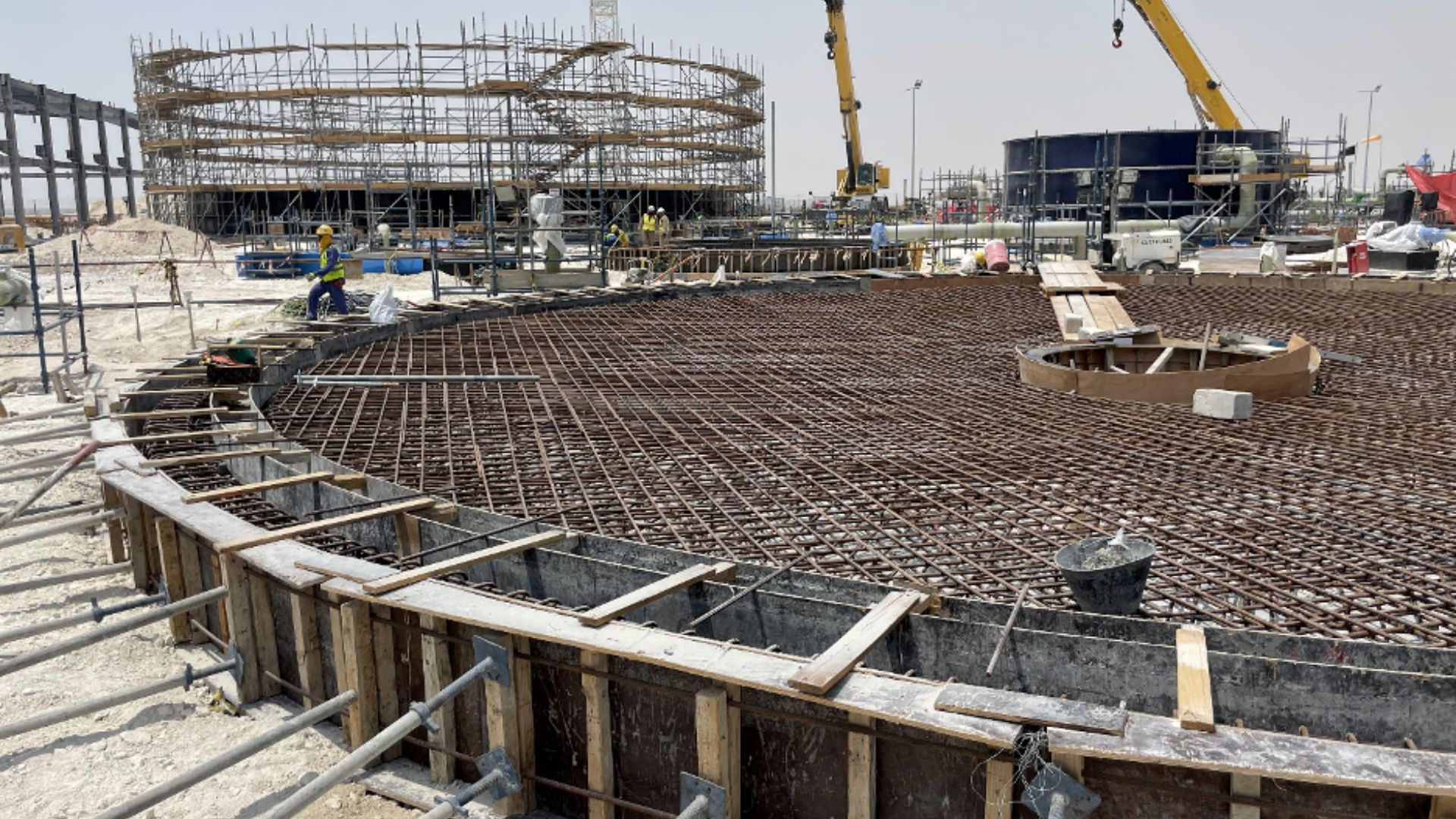
Water treatment plants are essential facilities designed to purify water for human consumption and agricultural use. They employ a series of processes to remove contaminants and pollutants, ensuring that the water meets safety and quality standards set by health authorities. Typically, the treatment process includes stages such as coagulation, sedimentation, filtration, and disinfection. These plants manage both surface water and groundwater, transforming raw or polluted water into clean, safe water for communities. Additionally, modern water treatment facilities often incorporate advanced technologies aimed at reducing environmental impact and enhancing water resources sustainability.